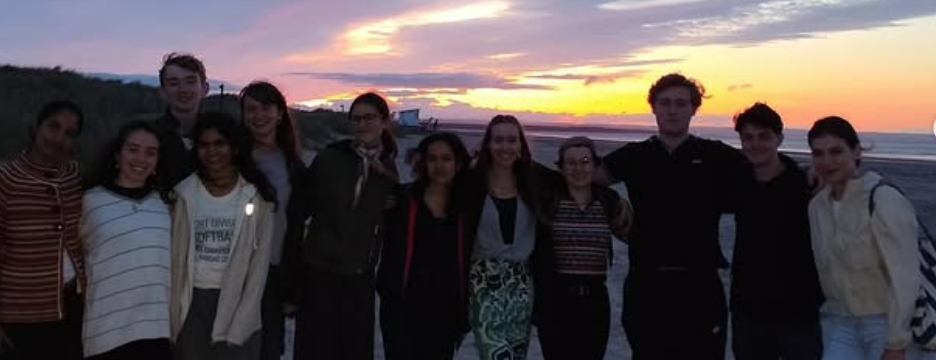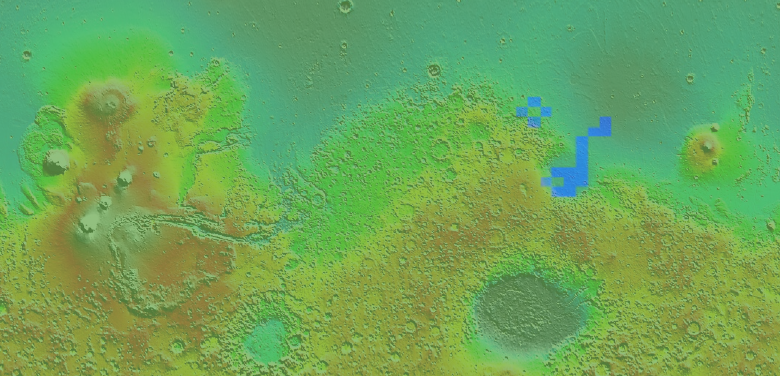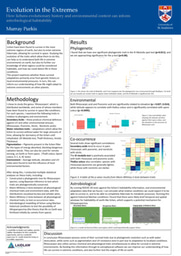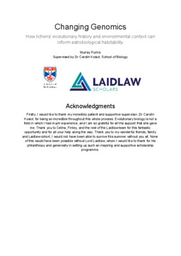
We are so incredibly back
Until yesterday this blogpost was titled "Knowing when to concede & other lessons from this summer". I was very close to keeping that title as I think it still stands but I think this dichotomy summarises my experience this summer perfectly.
I had written 500 words about how there comes a time to acknowledge that you can't do everything and be everywhere simultaneously, on a personal note this is probably the single thing I need to work on the most in myself. This research project has shown that as well, my desire to chase more and more interesting data, and to be a perfectionist. While the takeaway from this should no doubt still have been the same underlying message, that you should not get so hyper fixated on so many different aspects of research that it takes up all of your time and energy, not today babyyy! Today we have the most beautiful maps of mars I have ever seen.

A figure of modern martian terrain with habitability during the noachian period mapped on in blue (better data representation is on its way im just so excited about results) (1)
The day that I don't manage to pull several rabbits out of a hat at the last minute will come eventually but today I am thriving. Right now I am in the delusional state of happiness that two back-to-back night trains will put you in (if sufficiently caffeinated, with taylor swift blasting and lines of code running error free).
I think all of us came into this summer with different expectations, for me I was to be honest completely uncertain on what I would actually be doing other than some phylogenetic analysis. This has led me to fairly organically expand my project to new directions and to where the research was pointing me, but because I was not bounded at all by any particular end goal or known output. Looking back across all of my outputs I am happy with all of them, and at the skills that I have developed throughout them. But I need to be better at grounding myself on what is realistic without burning myself out in 60 hour weeks and so this is a very valuable experience from this regard.
So what have I actually done this summer?
I set out to answer 3 questions
- Are traits such as the presence of acids, and pigmentation inherited conditions deriving from a common ancestor?
- Do these traits instead reflect the modern day environment which they are present in, suggesting more localised adaptation?
- How can this inform modern day astrobiological research, both in the context of our solar systems habitability and the detection of exoplanetary biosignatures?
After weeks of pruning datasets, combing through 19th century lichenology texts for traits, I had finally built my datasets to begin to answer the first 2 questions, my logic was by building such a large database I can analyse the variations within this species to tell me about evolution in environmental/ phylogenetic contexts. My traits were not quite the perfect proxies for astrobiological survival, but to be honest finding 16 consistent traits for around 45 different species is pretty amazing. I then began to conduct a series of statistical tests to see how they have evolved in relation to both phylogenetics and the environment, and eventually managed to do this! So go me, questions 1&2 have been answered, even if the significance values and results are incredibly confusing. All relatively happy with this methodologically but the analysis is slightly more complicated.
But there comes questions the next issue with astrobiology, I had three active parts that I wanted to pursue using my biological data, whether the viability of life first emerging on mars and then migrating to earth works when modelled with lichen, whether they could actually survive extra-planetarily on comets, and whether there are spectroscopic signatures that would be indicative of this uv resilience/ pigmentation adaptation if modelling spectrum of other planets.
It became quite clear to me that the latter wasn't entirely viable, I didn't have the resources to go and collect all of these lichen samples myself, much less to conduct spectroscopic analysis of them, however this would be an area I would absolutely love to continue further. There also isn’t really that much that I could do for the second one apart from being in space, although I did manage to exhaust just about every astrophysical software I could get my hands on trying to test ultimately useless comet trajectories (realised quite quickly that there were far too many variables for me to properly use this).
Martian comparison is a mixed one, I have fallen victim to what I knew was a risk early on, of essentially creating 2 separate research projects without sufficient intertwining them. Both are beneficial in analysing the potential survivability of lichen from an astrobiological context, but because of my lack of correlations that were both useful for modelling and statistically significant, I couldn't justify converting the biological information into astrobiological models.
To conclude this sprawling rant
So overall academically I do consider this a success, I have come out of this with a lot of skills, including writing, coding (I have learnt far too many software and programming languages this summer), planning, and communicating.
How could I not end on my real favourite aspect of the laidlaw project, my incredible cohort. I think much like everyone at the initial opening ceremony I was slightly internally cringing at the phrase “the best thing about this is the people”. I am lucky to have a lovely support network of close friends already, and to be honest I was partly excited for the laidlaw program to allow me to de-socially burnout and return to the introverted lifestyle that has dominated so much of my life. Boy was I wrong, that was honestly one of the most socially full on 6 weeks of my life, I still think back to the time with such fond reminiscing already. Between Rusacks study sessions, karaokes, the many movie nights, pub trips and beach visits I loved every minute of it, and wouldn’t have changed a thing so thanks guys, love you all lots.
And deeply looking forward to both the conference and the LIA! I honestly didn’t really apply with the LIA in consideration at all, and now that we have begun planning it I am getting very excited. I am lucky enough to be applying with Alexandra Ermolenko for a series of wildlife conservation projects which combine both of our skillsets (although I will deny wholeheartedly the existence of the cute animal index on our decision making spreadsheet.) /
Anyway, apologies for the slightly long rant and weird tangents, I don’t think the extreme sleep deprivation is helping, but by the time you read this I am hopefully going to be up a mountain in the alps!
(1) soon to be purkis 2025



Please sign in
If you are a registered user on Laidlaw Scholars Network, please sign in
I loved following the rollercoaster that was your research and I cannot wait to see what discoveries we will make during our LiA! I definitely deny that we chose our project based on our huge love for animals.